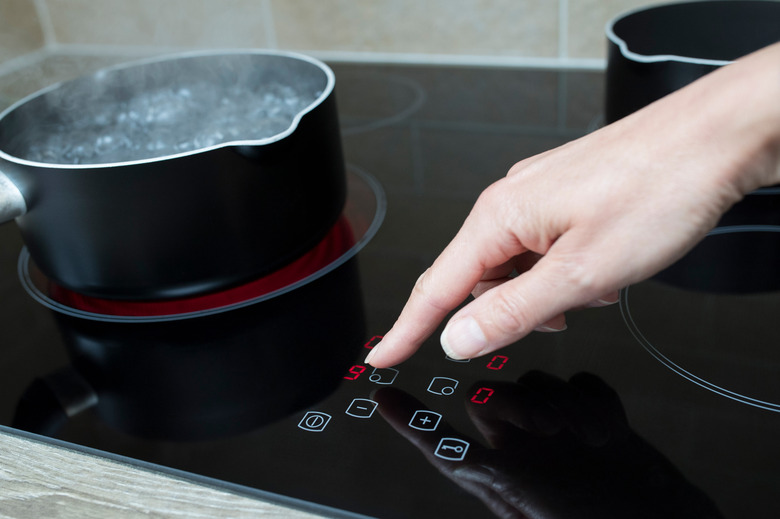Why Does My Stove Keep Tripping The Circuit Breaker?
Anyone who has lived in a "character home" knows about insufficient electrical loads in handling big appliances like an oven/stove, which can entail just flicking the breaker back on when using too much electricity at once. However, if your stove keeps tripping the circuit breaker, especially if it's a new development, it could be a potentially dangerous problem that should be addressed immediately.
Tip
Your stove or oven may have wiring issues that are causing the overload or it can be a number of other issues, from rodents to broken breakers.
Caution When Oven Tripping Breaker
Caution When Oven Tripping Breaker
Working with electrical loads is extremely dangerous. If your stove was previously fine with its electrical load and you've not added new appliances that you're using simultaneously with the stove or oven, then the breaker may be tripping as a preventative measure to avoid fire or electrocution.
Have a look at things like the elements and burners — if they don't look different and there are no obvious scorch marks, then there may be other wiring issues. If you're not informed on working safely with electricity, then this is a job for an electrician.
Simple: Circuit Overload
Simple: Circuit Overload
A stove should always be on its own dedicated power outlet, so if you've been plugging extra appliances into it, that could be your problem. Simply stop plugging things into it. The amperage is limited in the circuit board, so older homes often aren't up to speed with modern appliance use. Having the toaster oven on with the coffee maker perking and the oven baking a quiche might be too much for some circuits.
Using a process of elimination after resetting the breaker might help you deduce which appliances are a bridge too far for your circuit board, and in which order. If you're wondering about your microwave, the answer is yes — it's a large-drawing appliance and may easily trip breakers if not on its own power source. The "big four" are the fridge, range/oven, microwave and dishwasher.
However, if you haven't added new appliances and your routine hasn't changed, yet your breaker keeps tripping, then there could be corroded or loose connections. For these, it may be a job for a licensed electrician.
The Dreaded Toaster
The Dreaded Toaster
Further to the "dedicated outlet" issue is toasters. It's not a big appliance, really, but toasters are dreaded by electricians for the troubles they can cause. Frozen waffles, for instance, are an unlikely suspect, but they're legendary for confusing the electrical workings, causing the toaster to draw more power than it should.
Usually, it'll just shut the toaster down, but it's not uncommon for toasters to burn the waffle to a crisp or have a meltdown in its workings. If you're plugging the toaster into the stove, it could be monkeying up the works when your stove plate trips the power panel. Plug it in elsewhere and maybe consider buying a better toaster.
Short Circuit or Ground Fault
Short Circuit or Ground Fault
When a hot or live wire touches a neutral wire, a large electrical charge can occur and overload the circuit, according to American Home Shield. This will blow breakers or fuses and may generate sparks, popping sounds or smoke. A scorched outlet is a clear indicator of a short.
Shorts can be caused by slipped wires, loose connections or even a mouse or cat gnawing on wires. A damaged plug can cause this, a kinked power cord or even sucking an in-use power cord into a vacuum. Tracing a short circuit in the wall or breaker panel can be dangerous because of potentially live loads. Calling an electrician is wise if you're unexperienced with these issues.
A Bad Breaker
A Bad Breaker
Sometimes, the problem is in the breaker panel itself and age or malfunction is causing it to throw that breaker. The good news is breakers can be replaced and the problem will resolve.
